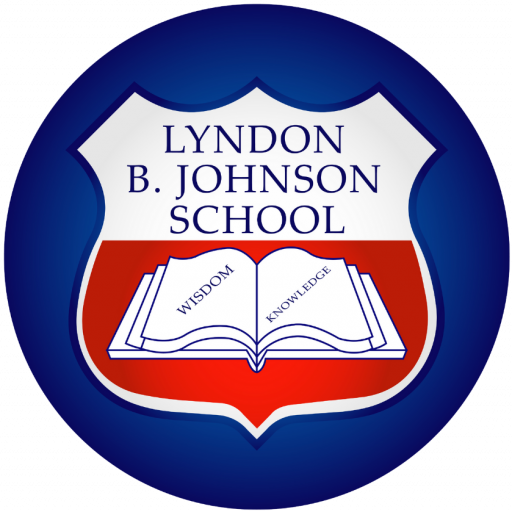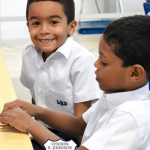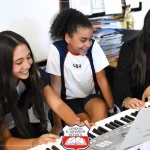Experiential learning refers to the idea that students learn best when they are exposed to real and challenging situations that allow them to apply and develop practical and emotional skills. Instead of being limited to theory, experiential learning fosters active learning and reflection, leading to better understanding and retention of knowledge.
According to Kolb (1984), experiential learning is based on a learning cycle that includes four phases: concrete experience, reflective observation, abstract conceptualization, and active experimentation. This cycle is repeated as students acquire new skills and knowledge, allowing them to construct meaningful and lasting learning.
One of the main benefits of experiential learning is its ability to develop practical skills. Through active participation in real-world situations, students can develop problem-solving, critical thinking, and teamwork skills. According to Moseley et al. (2005), experiential learning can also improve students’ self-esteem and motivation by allowing them to see the direct impact of their work.
Another benefit of experiential learning is its ability to foster creativity and innovation. By facing challenging and complex situations, students must seek innovative solutions that allow them to succeed. This can foster their ability to think outside the box and find creative solutions in any situation.
Despite the benefits of experiential learning, it is important to note that not all students learn in the same way. Some students may feel uncomfortable in real-world situations, and it is important for educators to offer a variety of learning approaches to meet the needs of all students.
In conclusion, experiential learning is an effective way to learn and develop practical and emotional skills. By fostering active participation of students in real-world situations, meaningful and lasting learning can be constructed. However, it is important to note that not all students learn in the same way, and a variety of learning approaches should be offered to meet the needs of all students.
References:
Kolb, D. A. (1984). Experiential learning: experience as the source of learning and development. Prentice-Hall.
Moseley, D., Baumfield, V., Elliott, J., Gregson, M., Higgins, S., Miller, J., & Newton, D. (2005). Frameworks for thinking: a handbook for teaching and learning. Cambridge University Press.








